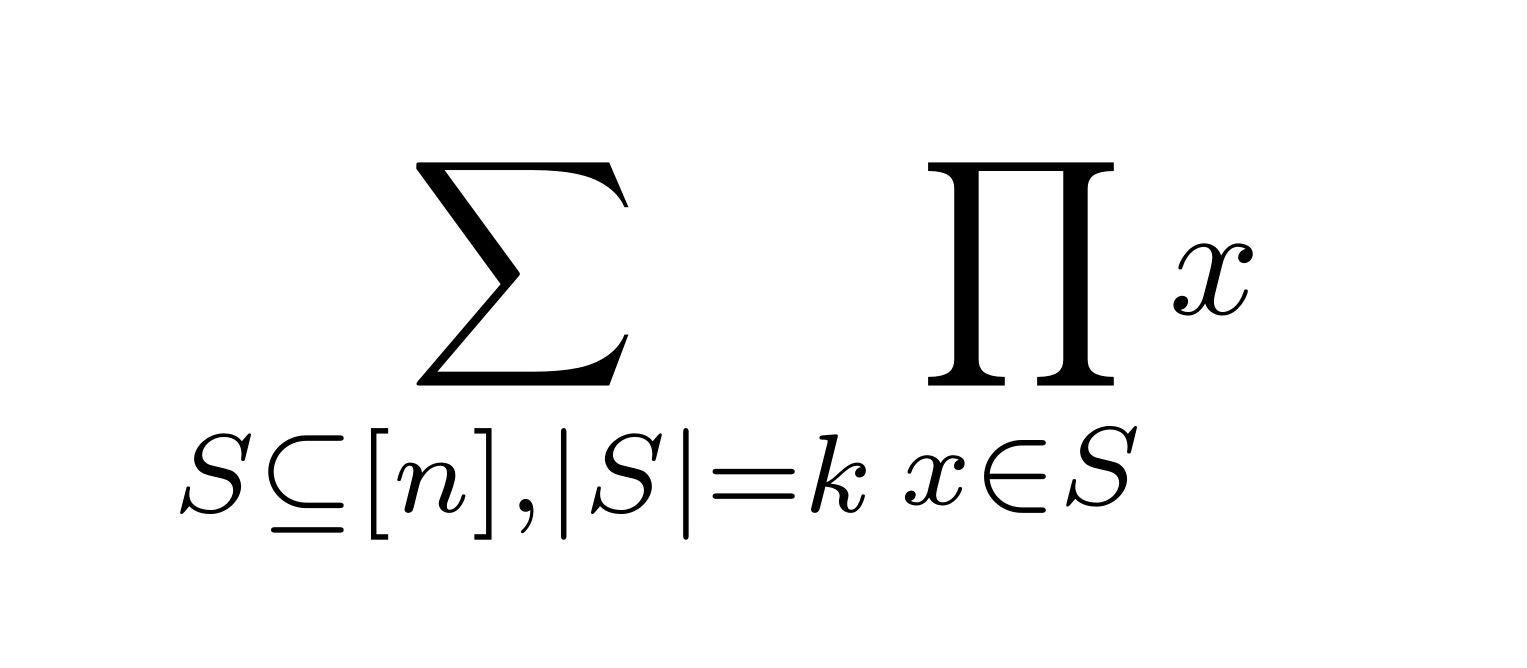---category_name: hardproblem_code: LUCASTHproblem_name: 'Lucas Theorem'languages_supported:- C- CPP14- JAVA- PYTH- 'PYTH 3.5'- PYPY- CS2- 'PAS fpc'- 'PAS gpc'- RUBY- PHP- GO- NODEJS- HASK- rust- SCALA- swift- D- PERL- FORT- WSPC- ADA- CAML- ICK- BF- ASM- CLPS- PRLG- ICON- 'SCM qobi'- PIKE- ST- NICE- LUA- BASH- NEM- 'LISP sbcl'- 'LISP clisp'- 'SCM guile'- JS- ERL- TCL- kotlin- PERL6- TEXT- 'SCM chicken'- CLOJ- COB- FSmax_timelimit: '4'source_sizelimit: '50000'problem_author: yzl427problem_tester: r_64date_added: 24-11-2017tags:- divide- feb18- fft- lucas- math- yzl427editorial_url: 'https://discuss.codechef.com/problems/LUCASTH'time:view_start_date: 1518427800submit_start_date: 1518427800visible_start_date: 1518427800end_date: 1735669800current: 1525454466is_direct_submittable: falselayout: problem---All submissions for this problem are available.### Read problems statements in [Mandarin chinese](http://www.codechef.com/download/translated/FEB18/mandarin/LUCASTH.pdf), [Russian](http://www.codechef.com/download/translated/FEB18/russian/LUCASTH.pdf) and [Vietnamese](http://www.codechef.com/download/translated/FEB18/vietnamese/LUCASTH.pdf) as well.Chef is tired of solving boring math problems by hand. One of these problems is summing up the products of elements from each **k**-subset of the set **\[n\]**. Here, a **k**-subset is a subset containing exactly **k** elements and **\[n\]** refers to the set which contains all integers between **1** and **n** (inclusive). More formally:Let’s denote this number by **f**(**n**, **k**). Note that **f**(**n**, 0) = 1.Since calculating **f(n, k)** is too boring, Chef wants to know how the divisibility of **f(n, k)** by a given prime **p** depends on **k**. Specifically, for a fixed **n**, you should compute the number of ways to select **k** (0 ≤ **k** ≤ **n**) so that **f**(**n**, **k**) isn't divisible by **p**. After a while of thinking, Chef realized there might be too many ways to do that. Therefore, you should compute this number modulo **109+7**.### Input- The first line of the input contains a single integer **T** denoting the number of test cases. The description of **T** test cases follows.- The first and only line of each test case contains two space-separated integers **n** and **p**.### OutputFor each test case, print a single line containing one number — the number of ways to select **k**, modulo 109+7.### Constraints- 1 ≤ **T** ≤ 4- 1 ≤ **n** < 10501- **n** does not contain leading zeroes- 2 ≤ **p** ≤ 100,000- **p** is prime### Subtasks**Subtask #1 (10 points):** **n** ≤ 5,000**Subtask #2 (40 points):** **n** ≤ 100,000**Subtask #3 (50 points):** original constraints### Example<pre><b>Input:</b>14 2<b>Output:</b>2</pre>### Explanation**Example case 1:** The values of **f**(4, **k**) are as follows:- **f**(4, 0) = 1- **f**(4, 1) = 1+2+3+4 = 10- **f**(4, 2) = 1·2+2·3+3·4+4·1+1·3+2·4 = 35- **f**(4, 3) = 1·2·3+2·3·4+1·3·4+1·2·4 = 50- **f**(4, 4) = 1·2·3·4 = 24Only **k** = 0 and **k** = 2 give numbers indivisible by **p** = 2, so the answer is 2.